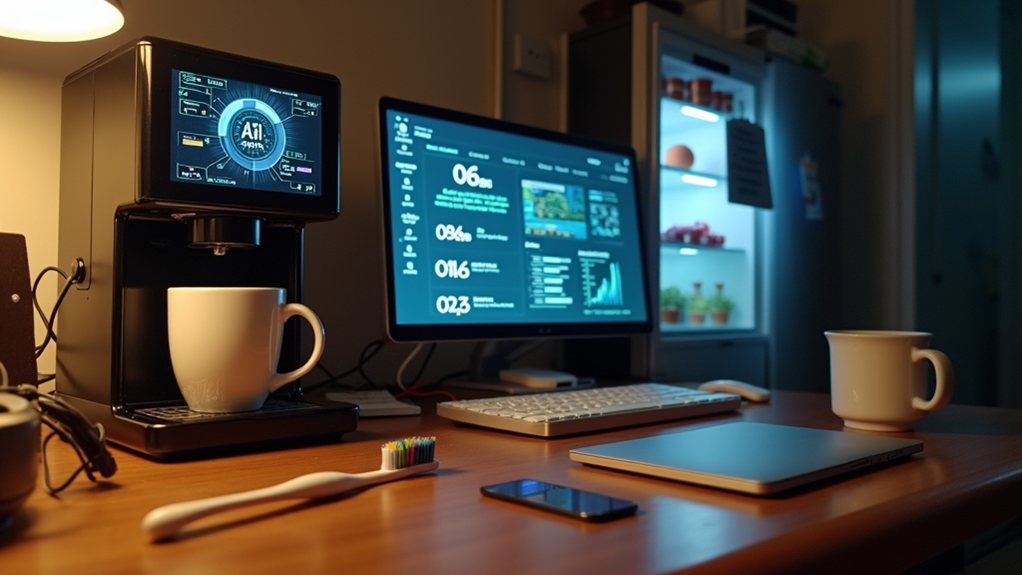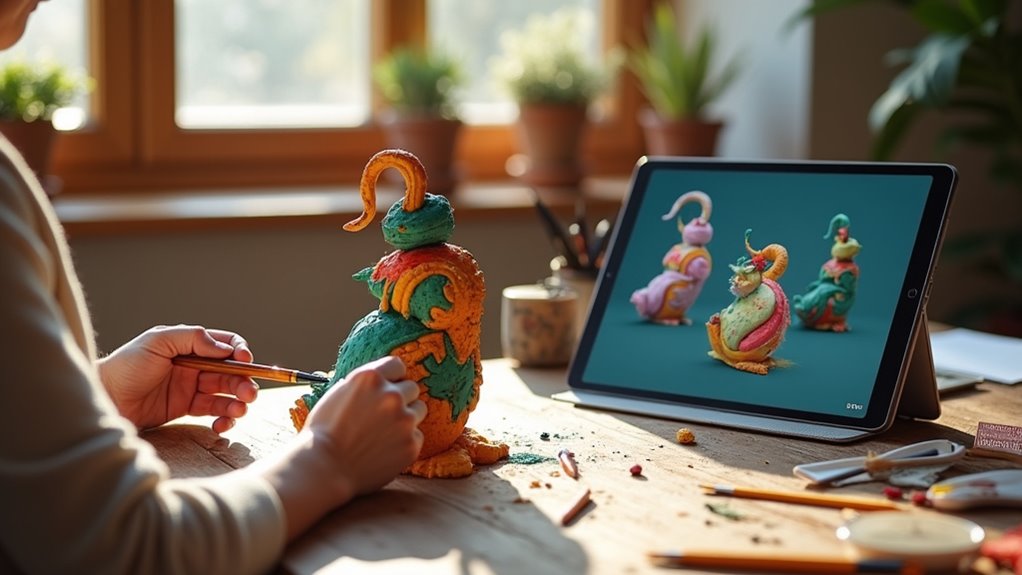AI tools, those digital wizards we can’t live without, might actually be dulling our critical thinking. It turns out our trusty sidekicks like ChatGPT could be the villains of cognitive decline. Studies show heavy reliance results in weak brainwave action; users aged 17-25 are especially vulnerable. Trust these tools too much, and you risk trading sharp thinking for convenience. Yet, fear not, balance is key—like a Jedi mastering the Force, there’s more to discover here.
While some might argue that AI tools are the ultimate sidekick we never realized we needed, recent findings suggest they might also be the Laurel to our Hardy when it comes to critical thinking. Amusing as it sounds, there’s a dark twist to that comedy duo: today’s convenience gadget might be tomorrow’s cognitive crutch.
First, they steal away our mental workload almost like a good magician with an audience’s attention. Increased reliance on these AI marvels, particularly among the younger crowd aged 17–25, has shown a worrying plummet in critical thinking scores. These tech-savvy youngsters, despite their superpower of mastering TikTok dances, are seemingly declining in the art of thinking independently. Cognitive offloading, it appears, is the real culprit – where relying on AI does more heavy lifting than the user’s own neurons. In fact, a study conducted by Michael Gerlich at SBS Swiss Business School demonstrates a significant negative correlation between AI tool usage and critical thinking skills, with cognitive offloading acting as a primary factor in cognitive decline.
Relying on AI diminishes critical thinking: today’s technological ease, tomorrow’s cognitive dependence.
Engaging with AI when crafting essays, for instance, has been linked to weaker brainwave activity. Think alpha, theta, and delta waves, which sound like boy bands from the 90s—*Sync’s back alright, but it’s on life support!* Indeed, the MIT Media Lab study found that ChatGPT users exhibited the lowest brain engagement, highlighting the potential risks associated with excessive reliance on AI tools.
It turns out that a detachment from learned material during AI-assisted tasks leads to less ownership and lower memory recall. In comparison, those utilizing traditional search engines showed brain activity akin to working unaided, suggesting this old-school method encourages more nimble mental gymnastics.
Beyond factual recall, relying on chatbot conversations builds a dodgy kind of trust. With AI, the concern extends into emotional and creative domains. The lack of algorithm transparency further complicates our understanding of how these tools shape our thinking processes. Before we realize it, we might find ourselves in “Google effect” territory, where easier external info access dulls internal memory retention. It’s déjà vu, except instead of “Brangelina,” it’s AI taking center stage.
Younger users, more immersed in this AI fairytale, face greater susceptibility—perhaps due to both age and familiarity with digital landscapes. They’re more like Dorothy, unsure if AI is taking them to Oz, or just up a very well-charted creek without a paddle.
The moral? While AI’s undeniably handy, let’s make sure it’s a trusty sidekick, not the main act.







